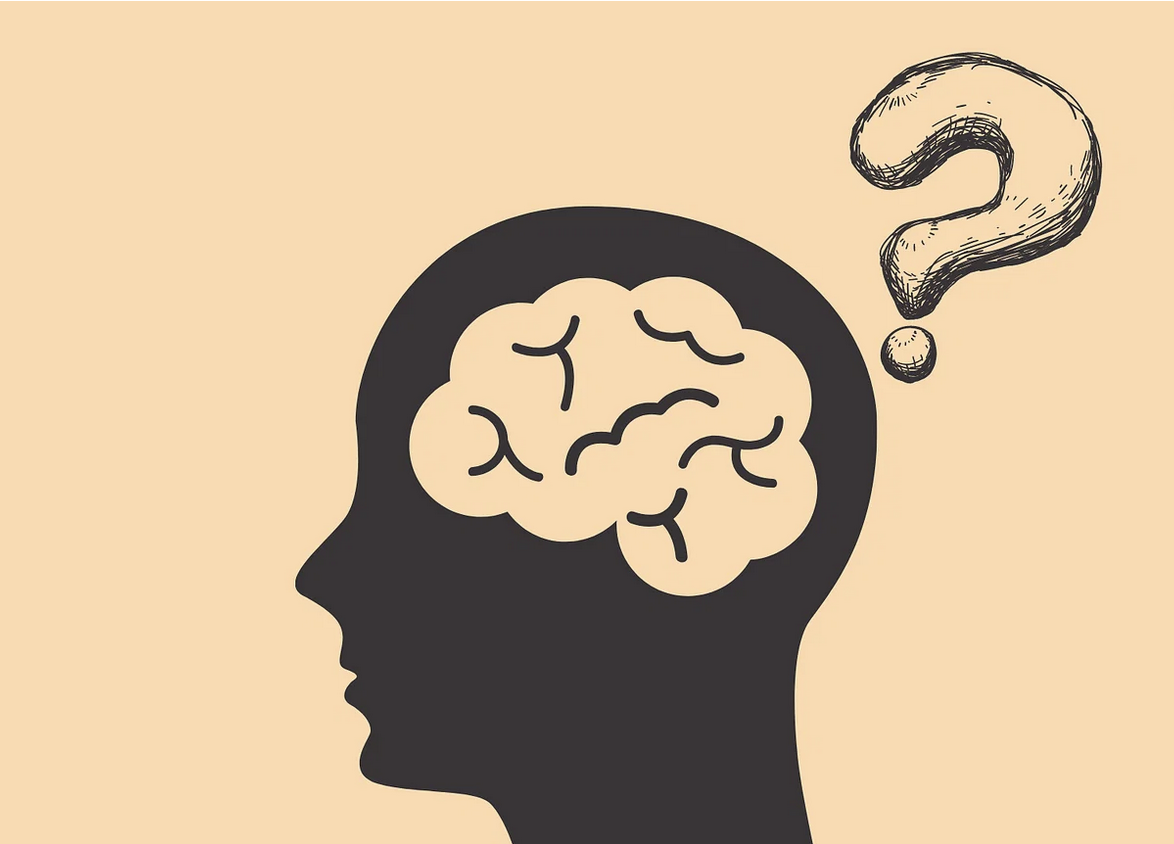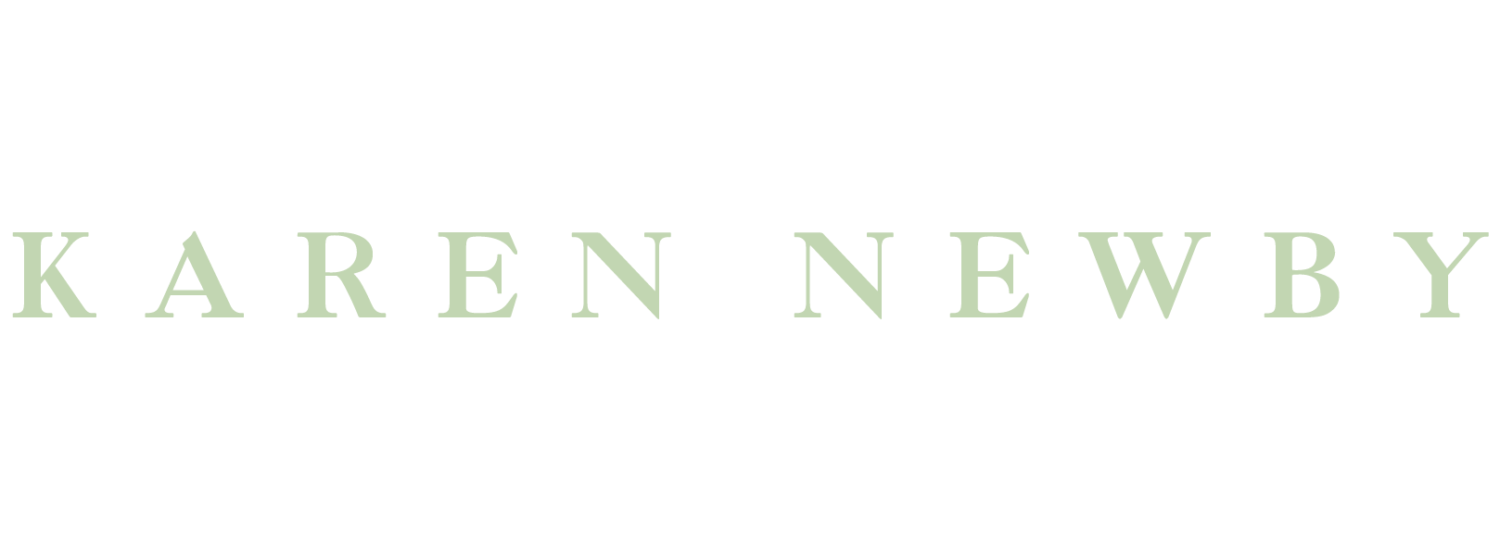
Are you creaking like an old garden gate?
Are you finding your muscles ache, especially in the morning? Have you got stiff joints or even osteoarthirits? A lot of these symptoms are down to the far reaching effects of fluctuating levels of oestrogen.
The menopause is now deemed an inflammatory transition. Declining oestrogen levels can make us more inflamed because oestrogen is one of our natural anti-inflammatory steroid hormones. The decline of oestrogen can also increase oxidative stress which creates free radicals, a known factor in cartilage destruction. So how can we help support healthy joints at menopause”?
First stop is increasing more antioxidant rich foods to help quench these free radicals. Aim to up your blueberries, pomegranate, plums, cherries, red onions, beetroot, carrot and squash. Flavanoids found in these foods are known to help inhibit cartilage destruction.
Omega-3 foods have anti-inflammatory properties and omega 3 has been shown to help with morning stiffness. Up your oily fish such as salmon, sardines, trout and mackerel, and a vegan source from algae (usually in supplement form). Linseed linseed oil, hemp oil and nuts such as walnuts are vegan sources of omega 3 too.
Increase phytoestrogens that have been found to be protective to our musculoskelatal system. Found in soya (tofu, tempeh, miso, natto, edamame beans),chickpeas, lentils, peas, ground linseed, sesame seeds, cashews, kale, broccoli, Brussels sprouts, carrots, cabbage, cauliflower, peppers, cherries,garlic, apples, apricots, soybean sprouts, alfalfa, split peas, pinto beans and red clover tea.
Up your collagen rich foods and foods with collagen building amino acids. Boil up those chicken bones for a collagenous rich stock. Other forms of collagen can come from fish skin and chicken. If you’re vegan then eating more collagen building proteins such as glycine rich tofu, nuts, and seeds and proline rich alfalfa sprouts, asparagus, beans, buckwheat, cabbage, cucumber and tempeh. A collagen supplement is something to consider too. All these brands do great collagen supplements (vegan, bovine or marine): Ancient + Brave, Bare Biology, BioCare, Cytoplan and Ingenious.
Vitamin C – collagen needs vitamin C to synthesize it from the proteins we get in our diet. We don’t store it very well in the body so a steady supply is essential. Citrus fruits, parsley and peppers are some of the highest sources of vitamin C.
Vitamin D – is known to reduce pain in osteoarthritis joints. The best sources are sunlight and supplementation.
Zinc – it helps to reduce oxidative stress in the joint. Found in foods such as sesame seeds (tahini!), crustaceans like prawns, crab and oysters, dark raw chocolate and lean red meat.
Manganese – ‘clicky knees more manganese’ as they saying goes! Its role includes scavenging free radicals. Sources include oats, brown rice, hazelnuts, almonds, pecans, linseed, sesame and pumpkin seeds, cloves, saffron and chilli powder.
Magnesium – to help cartilage synthesis and inhibit inflammation. Magnesium can be found in green leafy veg, pumpkin seeds, pinto and black beans, avocado and Epsom bath salts.


